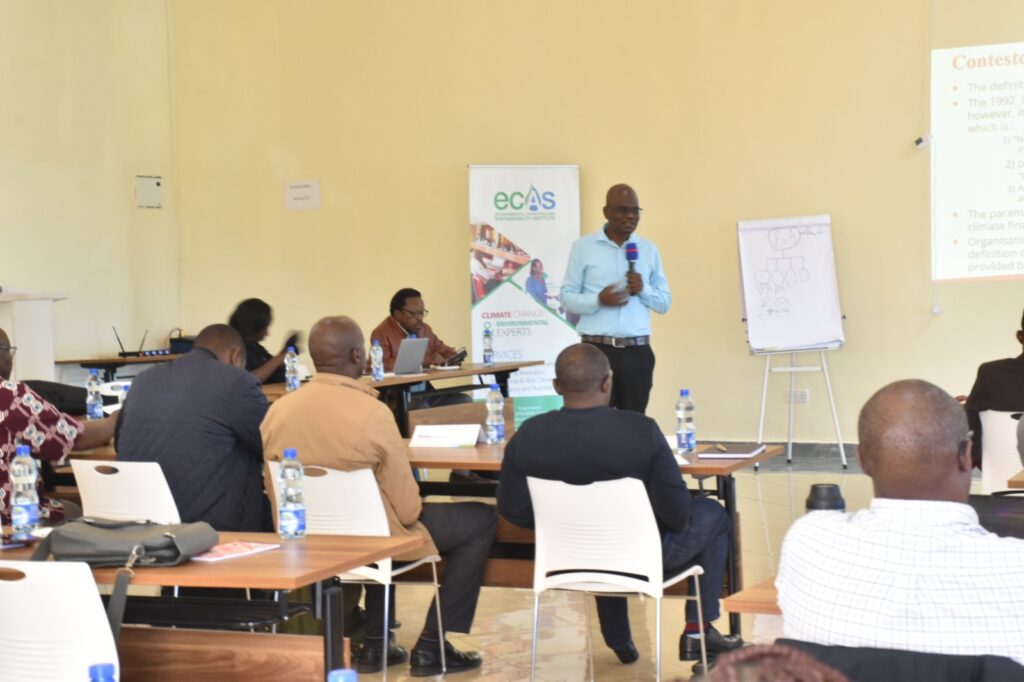
CONCEPT NOTE
INTERNATIONAL TRAINING ON HUMAN RIGHTS-BASED APPROACH TO DEVELOPMENT
BACKGROUND
Introducing a new course on the Human Rights-Based Approach to Development offers a comprehensive framework for integrating human rights principles into development practices. This approach emphasizes the empowerment of individuals and communities, ensuring that development initiatives are inclusive, participatory, and accountable.
OBJECTIVES OF THE TRAINING
The key objectives are:
- To explore the foundational concepts of human rights and their application in development contexts.
- To examine how human rights frameworks address issues such as poverty, inequality, and exclusion.
- To learn to design and execute development programs that adhere to human rights standards.
- To assess the effectiveness of policies through the lens of human rights.
- To foster mechanisms that ensure transparency and active community involvement in development processes.
WHAT YOU WILL LEARN
Upon completion of this comprehensive course participants will be able to:
- Study international human rights laws and conventions relevant to development.
- Understand various development models and their alignment with human rights principles.
- Acquire skills to create development initiatives that are both effective and rights-based.
- Learn methods to assess the human rights impact of development projects.
- Develop strategies to advocate for human rights within development agendas.
DURATION AND PROGRAM
TARGET PARTICIPANTS
The Human Rights-Based Approach to Development course is designed for professionals committed to integrating human rights principles into development practices. This includes international development practitioners, human rights advocates, policy makers, NGO staff, academics, and students in related fields. The course is particularly beneficial for those involved in planning, implementing, or evaluating development programs, as well as individuals seeking to incorporate human rights perspectives into their work.
TRAINING MODULES
The Human Rights-Based Approach to Development course at the Environmental Capacities and Sustainability (ECAS) Institute is structured into comprehensive modules designed to equip participants with the knowledge and skills necessary to integrate human rights principles into development practices. Below is an outline of the course modules and their respective topics:
| No | Module | Details | |
| 1. | Introduction to Human Rights and Development |
|
|
| 2. | Principles and Frameworks of a Human Rights-Based Approach (HRBA) |
|
|
| 3. | Integrating HRBA into Development Programming |
|
|
| 4. | Sectoral Applications of HRBA |
|
|
|
5.
|
Tools and Methods for HRBA Implementation |
|
|
| 6. | Challenges and Opportunities in HRBA |
|
|
TRAINING STYLE
The Human Rights-Based Approach to Development course at the Environmental Capacities and Sustainability (ECAS) Institute employs a variety of training styles to ensure a comprehensive and engaging learning experience. Interactive Lectures provide foundational knowledge through dynamic presentations, encouraging active participation and discussion. Case Studies offer real-world scenarios for analysis, allowing participants to apply theoretical concepts to practical situations. Group Discussions facilitate the exchange of ideas and experiences among peers, enhancing collaborative learning. Role-Playing Exercises simulate development scenarios, enabling participants to practice and refine skills in a controlled environment. Workshops focus on developing specific competencies through hands-on activities and guided instruction. Self-Assessment Tools help individuals identify their strengths and areas for improvement, fostering personal development. Panel Discussions with industry experts provide diverse perspectives on human rights challenges and best practices. By integrating these diverse methods, the course aims to equip participants with the knowledge and skills necessary to effectively implement a human rights-based approach in development contexts.
9. GENERAL NOTES
- Training manuals and additional reference materials are provided to the participants.
- Upon successful completion of this course, participants will be issued with a certificate.
- We can also do this as a tailor-made course to meet organization-wide needs. Contact us to find out more: info@ecasiafrica.org.
- Payment should be sent to our bank account before the start of training and proof of payment sent to: info@ecasiafrica.org.
ABOUT ECAS INSTITUTE
The ECAS Institute designs and delivers independent and targeted training, research, and consulting services. Our work focusses on climate change and resilience building, carbon markets, renewable energy, nature-based solution, biodiversity conservation, agriculture and food systems, We are located in Nairobi Kenya and work across the African region. We have implemented training and research assignments in Kenya, Tanzania, Uganda, South Sudan, Somalia, Malawi, Rwanda, Congo, and South Africa. Globally, we have supported our partners from the UK, Denmark, Italy, Sweden, Germany, and USA.

